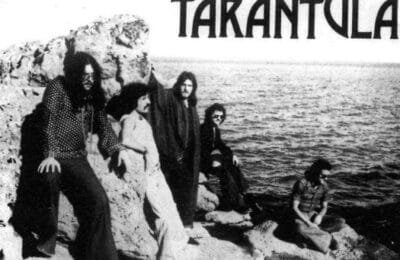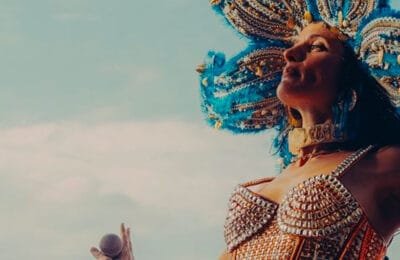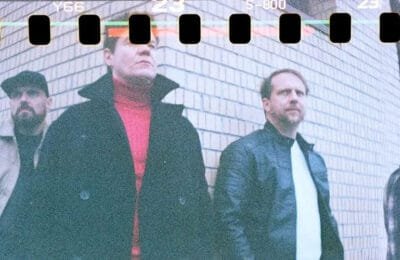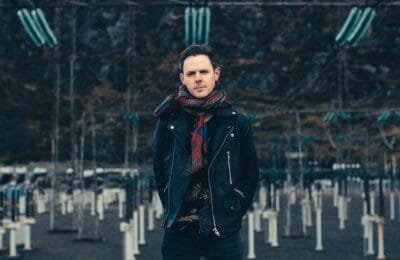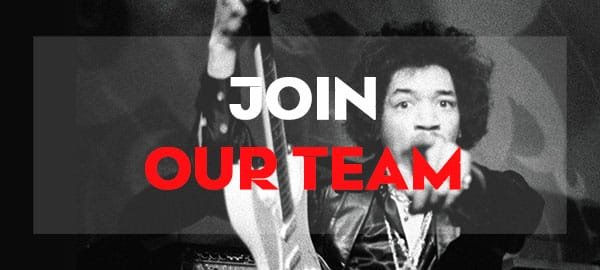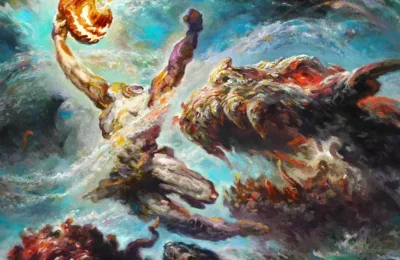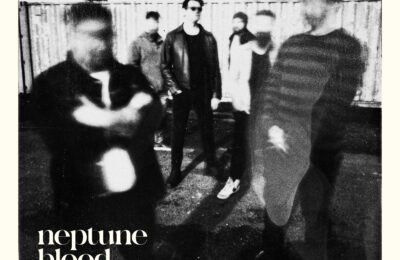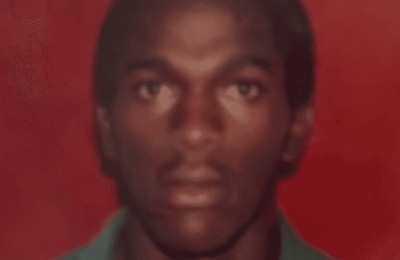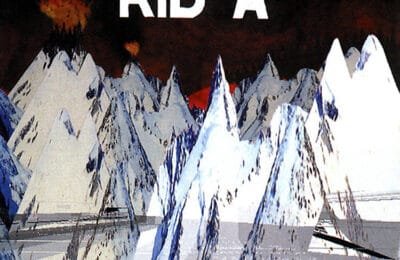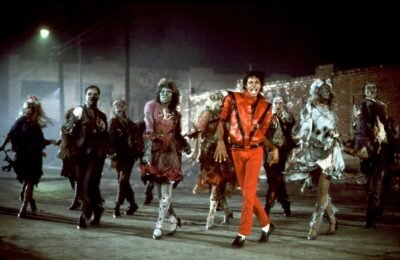In July 2006, the FFSA celebrated their 100th anniversary with a grand event at the Formula One French Grand Prix in Magny-Cours. To mark the occasion, they invited Roger Waters to perform a special concert. For the occasion the Pink Floyd bassist had decided to play Dark Side of The Moon in its entirety. Since his old friend and Floyd companion is an absolute enthusiast of mechanic sports, he asked him to join him on stage to play the drums.
At that time, I was contributing to a small rock webzine based in Paris. Through a stroke of good fortune, I was invited to the press conference for the concert. I attended alongside Olivier, a friend of mine and Editor-in-Chief of Speak To M(e), a dedicated Pink Floyd fanzine. The press conference featured not only Nick Mason but also Laurent Voulzy (French singer, amateur car enthusiast, and the opening act for Waters’ concert).
After the main conference, the scene changed. Some journalists departed, while others lingered, moving into a smaller, more private room where Nick Mason greeted them for exclusive interviews. Our names weren’t on the official schedule for this segment, but thanks to the incredible press officer accompanying Nick, we managed to secure a 15-minute slot. What followed was an unforgettable conversation with the drummer of one of the most legendary bands in the world.

Hello Mr. Mason. Thank you for taking the time to meet with us. First, how do you explain the ongoing enthusiasm of younger generations for Pink Floyd’s music?
Well, I can’t really explain it… The best people to answer that question are the younger generations themselves… and I’d be curious to know. I think they connect with lyrics that speak to them, which leans toward Roger’s contribution. But I also believe kids have a lot of affection for rock guitar. All the kids who want to play guitar listen to Hendrix; some listen to Clapton, and others to David Gilmour. But today, there aren’t any new guitar heroes yet. There are plenty of great young bands with good ideas, but they don’t have guitar heroes. Maybe that’s what draws kids to us. I also think they come to us on their own after hearing about us from their parents or friends
Do you listen to the music of younger generations?
Yes and no. I do listen to it, but it doesn’t resonate with me as much as the music I love. It’s not really about the music but more about my age in a way. I listen to and enjoy bands like the Arctic Monkeys, Coldplay, and others. But I don’t think, “Oh, this is amazing, I have to own this!” It doesn’t move me the way Jimi Hendrix’s All Along the Watchtower did, for example. I don’t find the same excitement I felt in ’66-’67…
What influenced your distinctive drumming style?
I’m not sure. Probably from listening to drummers I admired, like Mitch Mitchell, Ginger Baker, and Keith Moon. I don’t play like any of them, but they were people I encountered while touring. I liked certain things and borrowed ideas here and there, which was common. But I think my style was mostly shaped by the music we were playing. The music was quite complex, and I had to learn to develop my playing to create more “space.”

What’s your favorite song from Dark Side of the Moon to perform live?
(thinks) … Any Colour You Like
What’s your fondest memory with Syd Barrett?
I think it was during our first professional concerts as Pink Floyd, when we signed our contract with EMI. We were a young band, working together to record Arnold Layne, our first single, at Sound Techniques in Chelsea with John Wood and Joe Boyd. We were all collaborating, ideas were flying, and everything sounded great.
And your fondest memory with Pink Floyd?
The problem is that there are so many… For instance, when Syd left, we had a fresh start as a group working together. Actually, the answer is the same: my best memories with Pink Floyd are from times when we worked as a team—early on with Syd, then after he left, during the recording of Dark Side, and later when Roger left, and we went on tour again.
What’s your most dangerous passion: motorsports or rock ’n’ roll?
Rock ’n’ roll can be dangerous if you try stage-diving or overdo drugs… But motorsports are probably a bit more dangerous (laughs).
You recently played with David Gilmour and Rick Wright1. What was that like?
It was great. But then again, I never disliked playing with David or Roger—or even with Syd, although occasionally with him, yes. There’s always something magical; there’s a unique sound. For instance, Guy Pratt is an excellent bassist, better than Roger, but it always sounds better with Roger because it simply sounds like Pink Floyd.
A fan question: on Scream Thy Last Scream, two voices can be heard in the chorus. It’s said that you sang with Syd. Is that true?
Yes, it was Syd and me. I think I was supposed to do the verses, and Syd the choruses.
Why did you sing on this track? You don’t usually sing, except on One of These Days.
It just happened that way; we were recording one afternoon in the studio. But it’s interesting to bring it up because this track has never been officially released.
Do you think it ever will be?
… Maybe. It’s not in the works yet, but perhaps one day…2
(The beloved press officer arrives to signal that our time is up.)
If you had to summarize the history and music of Pink Floyd in a single word, what would it be?
(long pause) Romantic… Not in the sense of love, but more in a dark, brooding way.
That was our last question. Thank you very much for your time.
You’re welcome.


